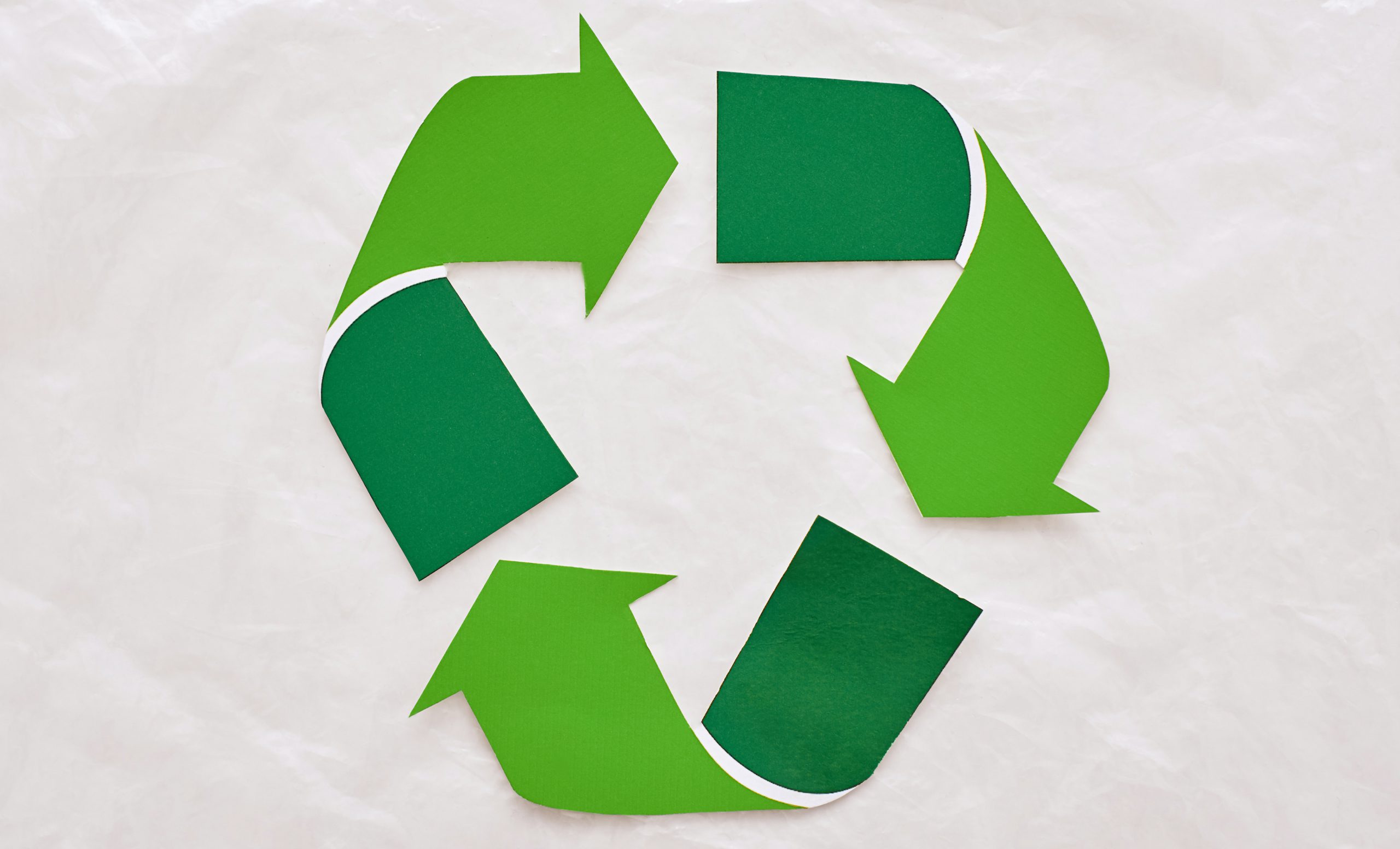
Recycling plastics not always an easy answer
Some materials are recycled at relatively high levels, but for plastic the rate is just eight percent. Another 16 percent is incinerated, and the remaining 76 percent ends up in landfills.


Some materials are recycled at relatively high levels, but for plastic the rate is just eight percent. Another 16 percent is incinerated, and the remaining 76 percent ends up in landfills.
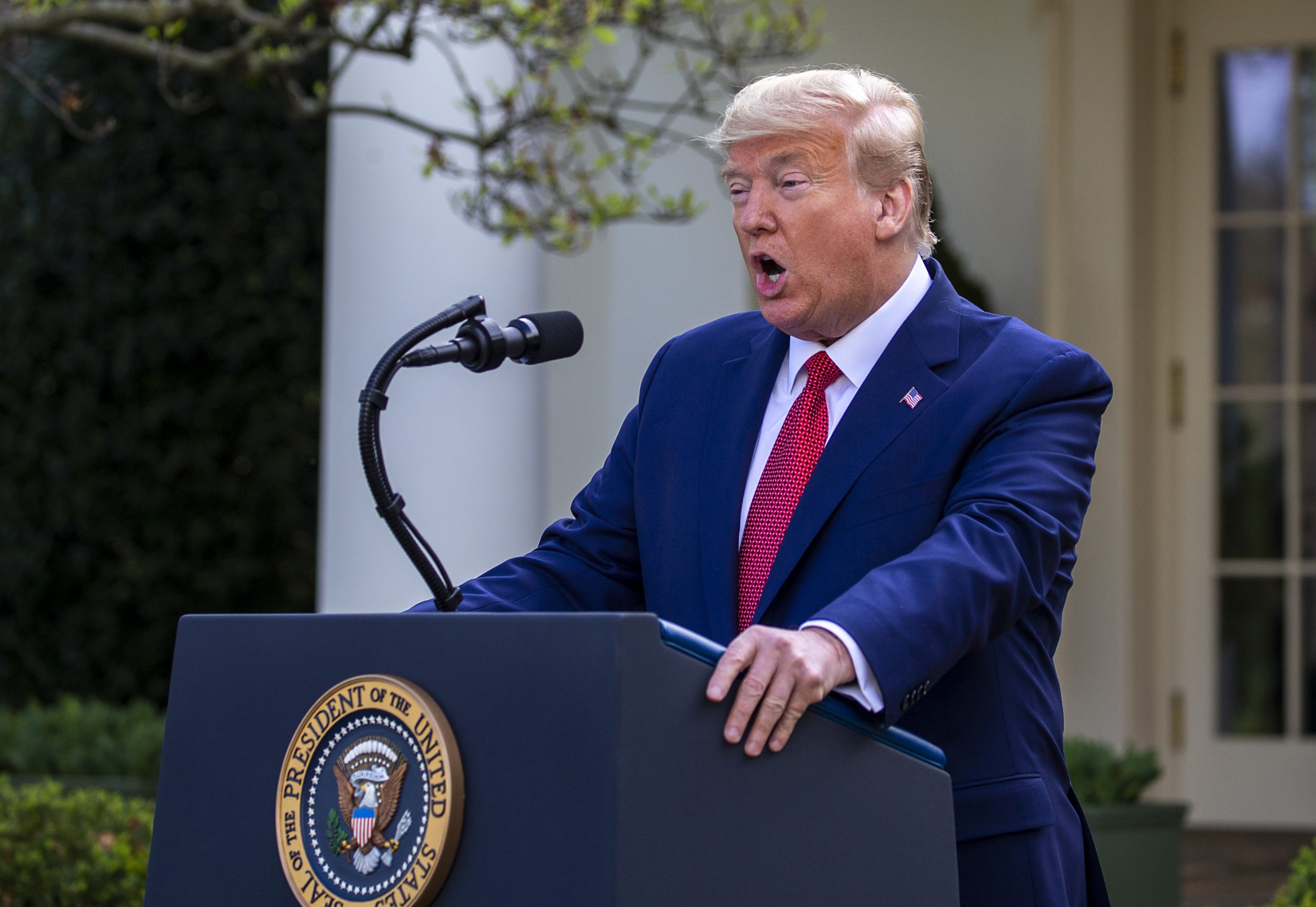
Previous presidents have misled or lied to the American public. But no other president has ever come close to lying as much, as often, or as shamelessly as Trump.
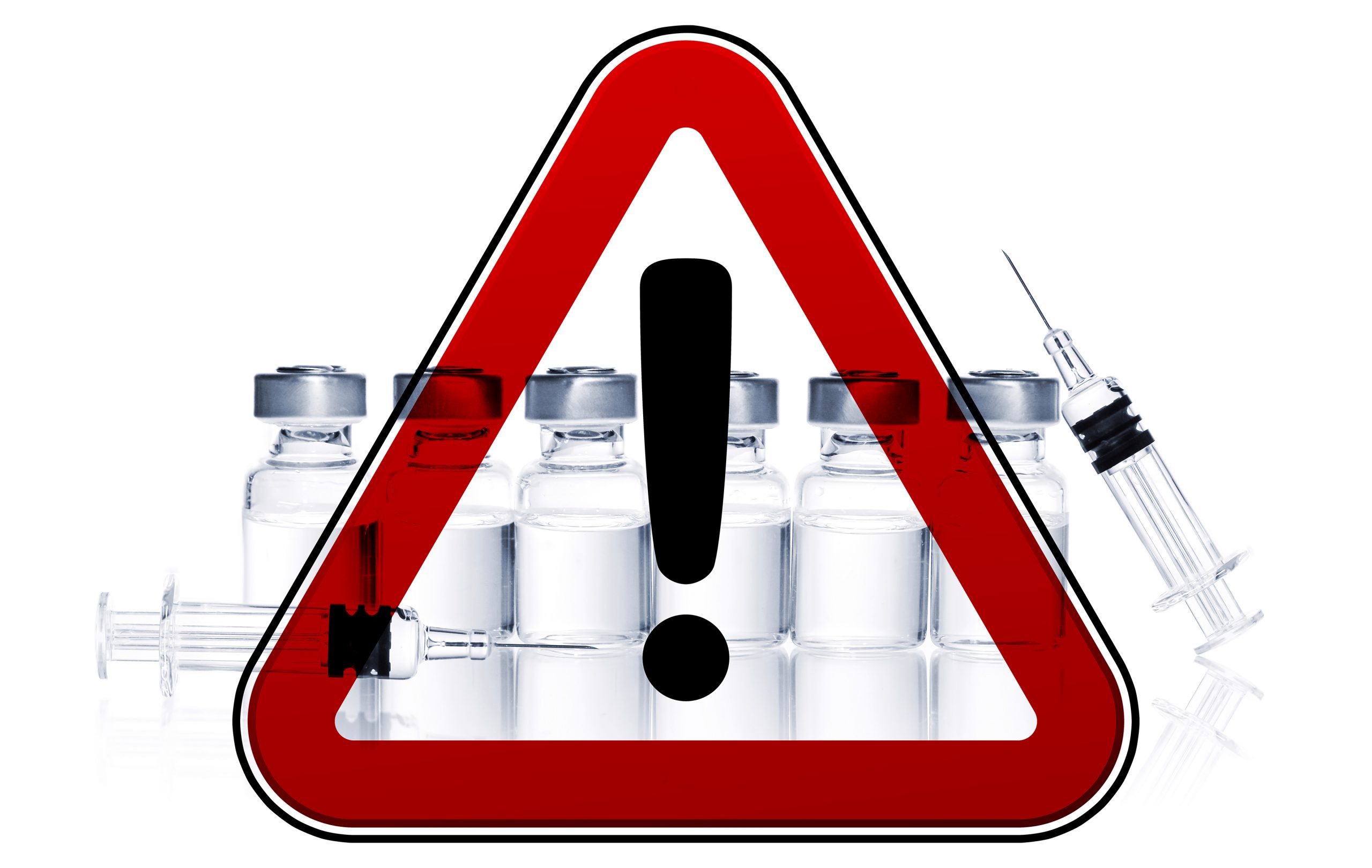
The swindles have begun. As Americans struggle to cope with the spread of COVID-19, they will also need to brace themselves for “disaster fraud” — those cons that rely on post-catastrophe chaos to separate people from their money.
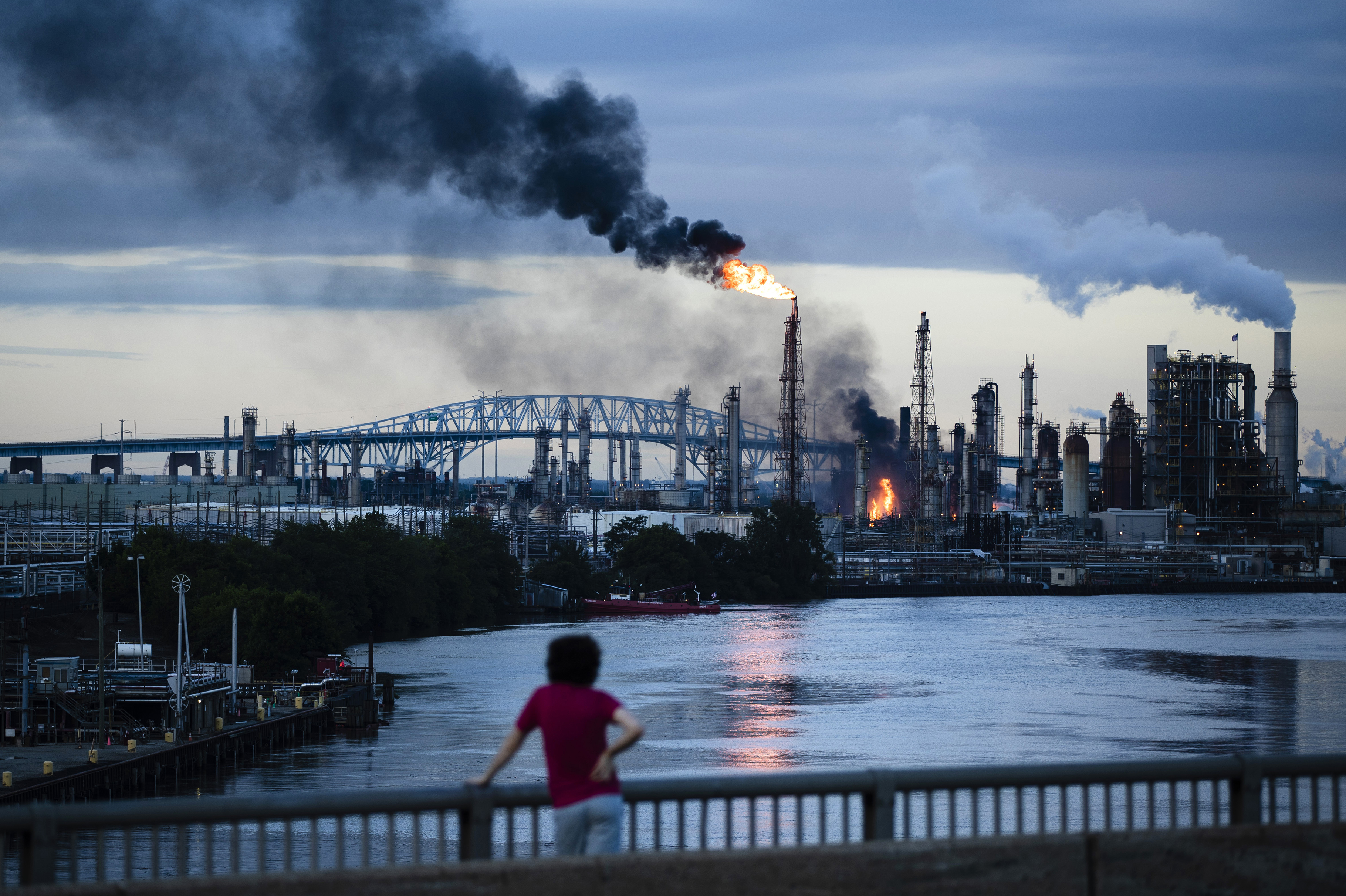
The Philadelphia Energy Solutions refinery continued to emit concentrations of benzene far above EPA limits, after a 2019 fire shut down the processing facility.
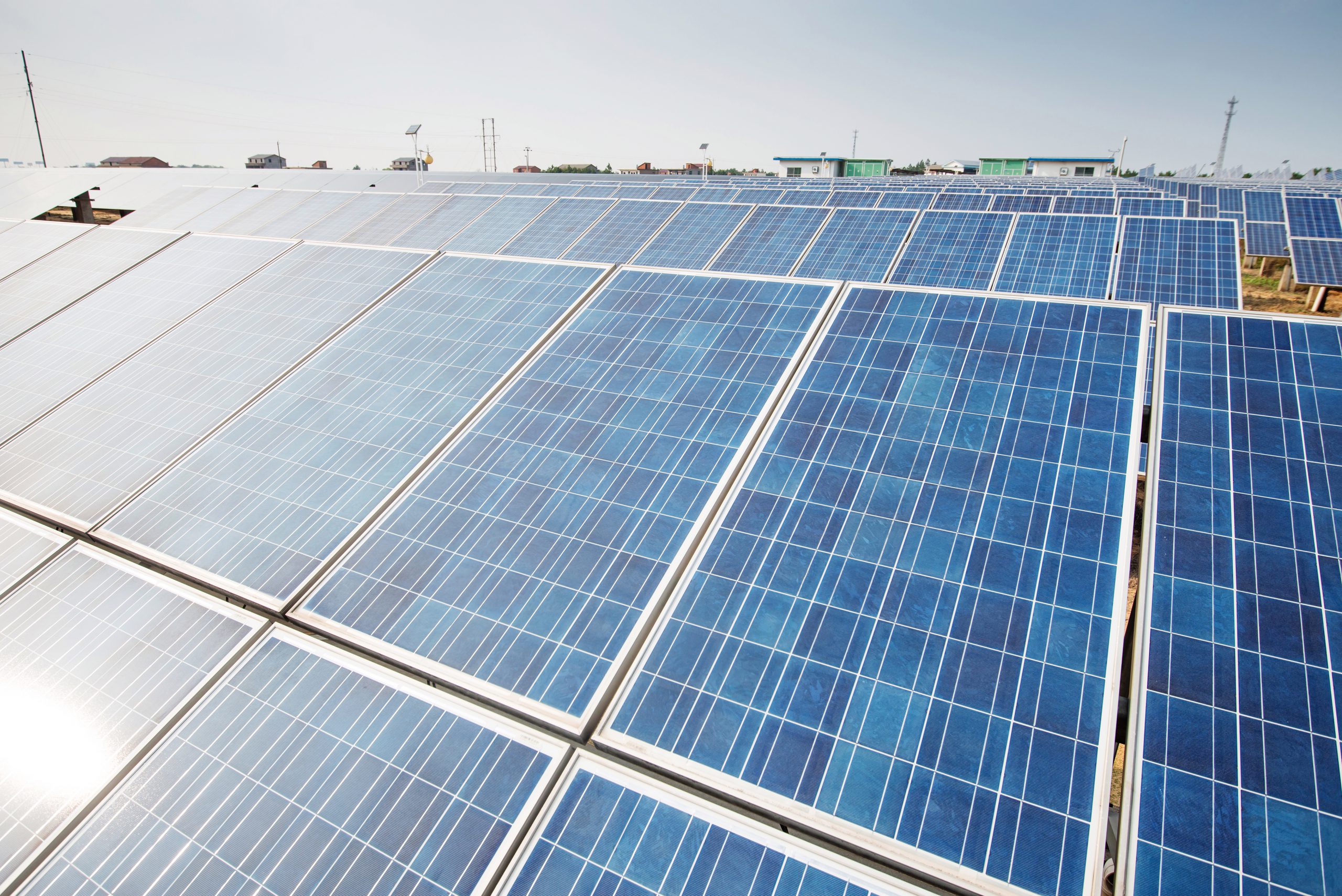
While the U.S. Department of Energy declares America to be in the midst of a clean energy revolution fraudsters have already started to cash in.
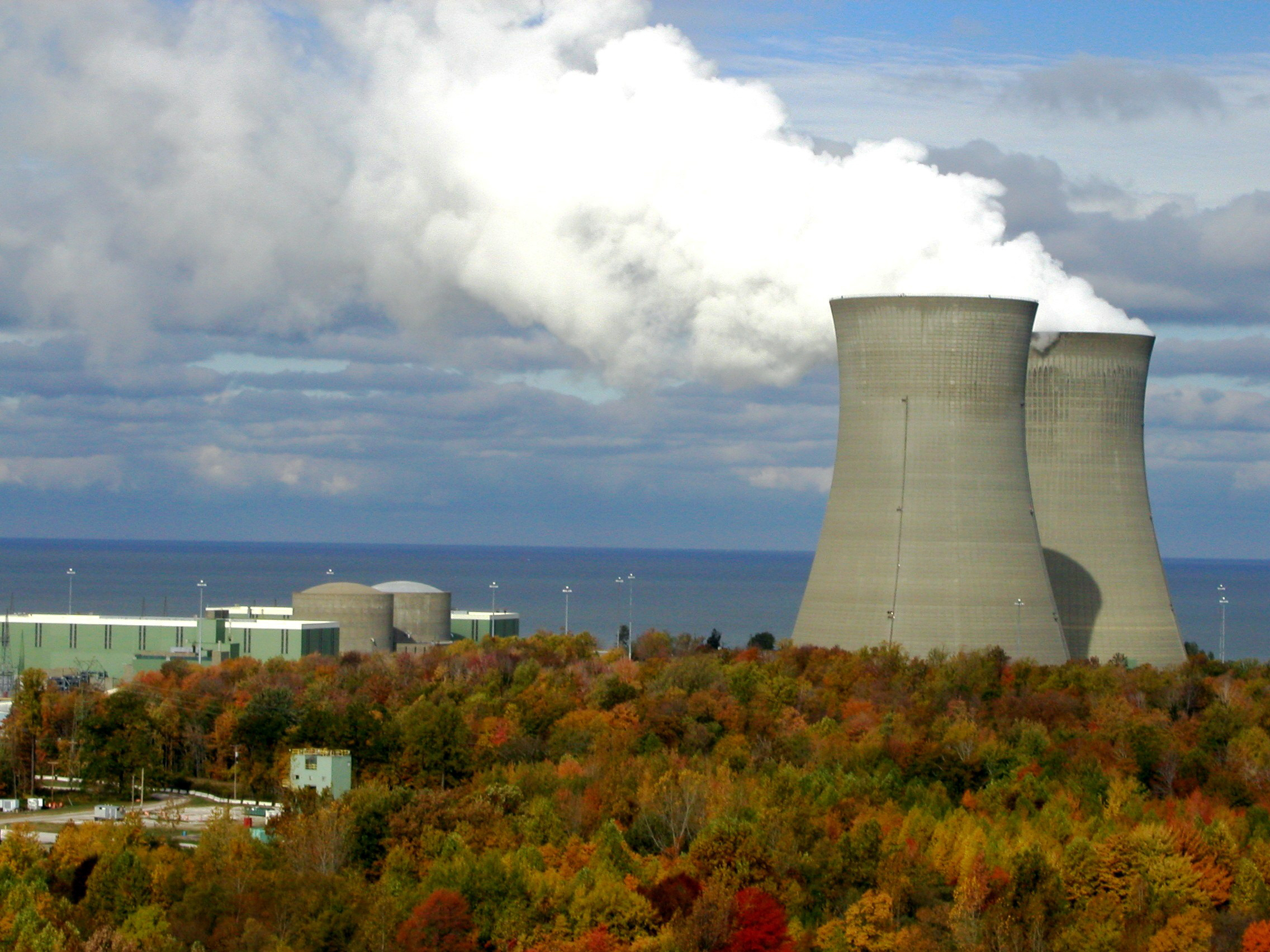
Public filings outline troubling relationships between energy company, local legislators and special interest groups in Ohio.

With the U.S. increasingly dependent on foreign manufacturers for prescription and generic drugs, the Food and Drug Administration’s problem-plagued efforts to inspect overseas plants is under growing scrutiny. The number of inspections performed by the agency has been falling since 2016.

Policymakers have eagerly promoted walking and bicycle riding as a way to get healthy exercise while reducing traffic congestion, air pollution and carbon emissions. But those activities are becoming increasingly dangerous in America.

In Philadelphia, an air monitor on the border of the East Coast’s largest oil refinery recorded a level of cancer-causing gas more than 21 times the federal limit.

They experienced the war in Afghanistan on the ground. Here’s what they had to say.